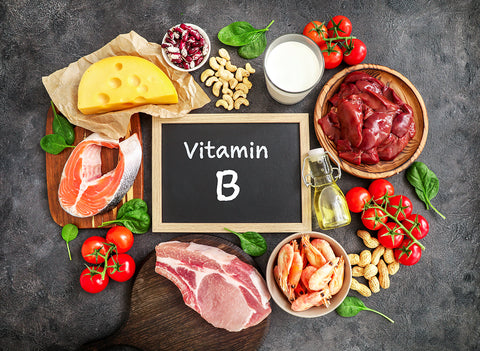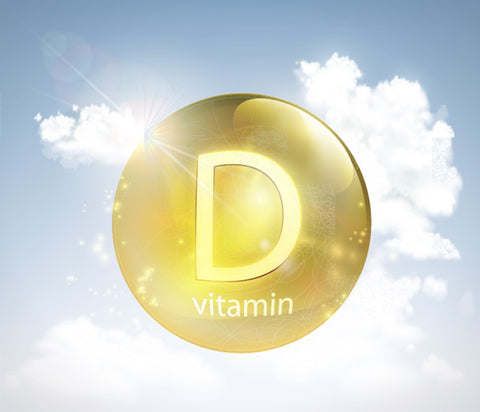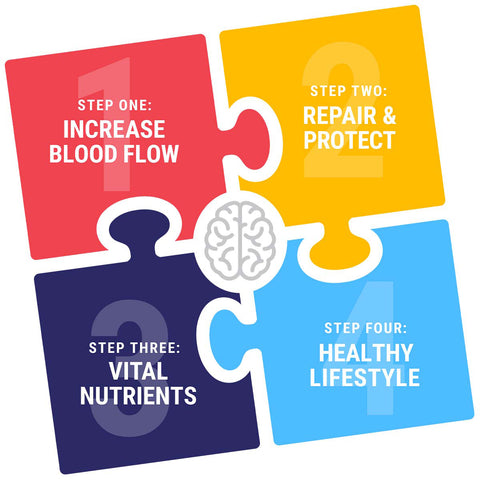Education

The concept of a “healthy brain” is fairly new, but one that is growing in importance. Here at Procera, we believe that the brain can be positively impacted by dietary choices, brain-specific supplementation, and lifestyle habits. Once it was thought that it was only important to look after the developing brain (birth until the early 20s).

Like your brain, your lung function can diminish with age, especially if you don’t take care of them. No matter what your age, it's still possible to keep your lungs working at an optimal level. "Your lungs finish development by age 25, and their function remains stable for about 10 years. After that, they begin to gradually decline. By age 65, you've typically lost up to a liter of lung capacity compared with when you were younger", says Dr. Aaron Waxman, director of the Pulmonary Vascular Disease Program at Harvard-affiliated Brigham and Women's Hospital.

Our research shows that people that stay active and play old fashioned games such as crossword puzzles score better on cognitive exams. It is therefore very important to keep your brain engaged in mental stimulation activities as you age. Think of these seven activities like exercises for your brain.

A few years have passed since the COVID-19 pandemic, and the long-term impact of the virus on health & wellness continues to confuse doctors and scientists. Particularly concerning for doctors and patients alike are lingering side effects, such as memory loss, reduced attention and an inability to think straight. During these uncertain times, your mental well-being is more important than ever!

According to the Harvard School of Public Health, only a fraction of U.S. adults currently gets the recommended daily intake of all B vitamins from their diets alone. This could be due to a number of factors including normal aging, dietary choices or chronic digestive health issues.

If you read books while pedaling a stationary bike, add blueberries to your favorite smoothie or play sudoku, congratulations - you just might be a “super-ager.” Super-agers are baby boomers and seniors who have cognitive abilities comparable to people decades younger. A growing body of research suggests that we can all boost our odds of joining their ranks by tweaking our daily habits and rethinking our views on aging.

Learning something new at any age has a significant and permanent impact on your brain. Learning new skills physically changes your brain. Learning takes place mainly at synapses, the junctions between neurons in the brain. On the contrary, being bored, which occurs when you don’t learn new things very often, can be dangerous to your brain health and overall well-being.

Autophagy is an absolutely essential biological process that plays a key role in the normal functioning and survival of your brain cells. The word autophagy is derived from the Greek words auto and phagein. Autophagy is a self-cleaning mechanism within our cells, which helps your brain detoxify, repair and regenerate itself. It destroys the old, damaged, and malfunctioning components of your cells – and rebuilds new and healthier ones instead!

Vitamin D is an essential nutrient that your body needs for many vital processes, including building and maintaining your brain function, immune system, and bone structure. Vitamin D is also a fat-soluble vitamin made by our bodies only when our skin is exposed to the sun. It’s considered an essential nutrient because the human body cannot make it on its own, without the assistance of sunlight, food, and/or dietary supplements.

We’ve all done it — delayed a task (such as Christmas shopping) for hours or days, even though we knew we’d be better off doing it sooner. Over 80 percent of students procrastinate and about 20 percent of adults report regular procrastination. So what drives procrastination, and can we really blame the TV or internet?

This past year has been filled with unprecedented challenges for our country and for most people individually. Did you know that simply maintaining a positive outlook can lower stress, improved immunity, increased energy and lower serious health risks? Here's what science says about optimism and aging, and how you can implement positive thinking in your life.

It’s time for new beginnings and a time to turn over a new leaf. No matter what turning over a new leaf looks like for you, we can all agree that there are things we can do better in the new year. How about making your BRAIN HEALTH a top priority? Procera Health exists to help you do that. Below is a short overview of the 4 keys that can improve your brain health in the year ahea



